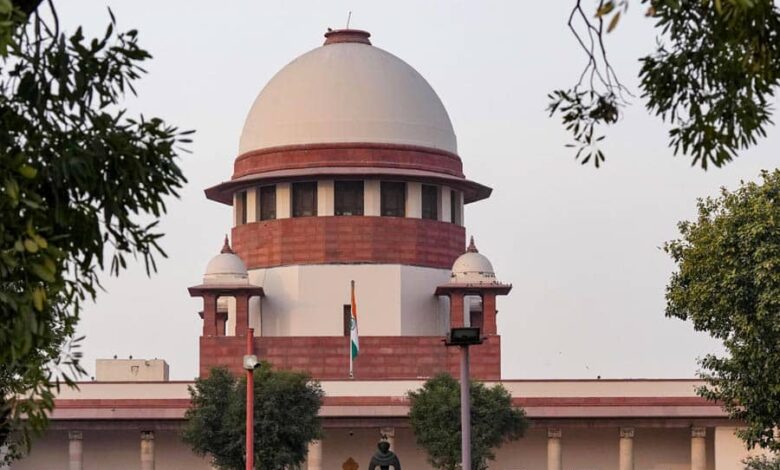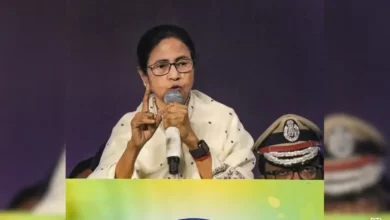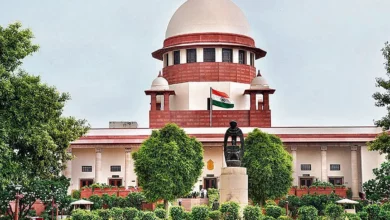
In a historic turn of events, ten bills passed twice by the Tamil Nadu government but held back assent by Governor RN Ravi since 2020 have finally become laws. This historic turn of events occurred without the sanction of the Governor or President Droupadi Murmu, following a Supreme Court ruling this week that the Governor’s withholding of assent was “illegal.”
A bench of Justice SB Pardiwala and Justice R Mahadevan ruled that the Governor had no authority to reserve bills for the President after having earlier declined consent. The court directed that such bills be given effect from the date of being re-presented.
Chief Minister MK Stalin hailed the “historic verdict” as a landmark victory for all Indian states, particularly those that are party to such legal struggles with the center government.
Until November 18, 2023, the bills have been enacted into law by the state government releasing gazette notifications. Among these include the amendments to the rules of appointment of Vice Chancellors of state universities, which limit the power of the Governor in such appointments.
The Governor had previously returned these bills, resulting in a political deadlock and the Tamil Nadu Assembly going into special session to re-pass the bills unanimously and re-forward them for assent. The Governor, however, did not grant permission and later forwarded the bills to the President.
The prolonged period of controversy caught the attention of the Supreme Court, which questioned the Governor’s actions, particularly questioning why it took three years before there were found to be issues with some bills. Earlier in a previous session, the court had summoned the state government and the Governor to settle their issues and threatened to step in if they failed.
The DMK party initially approached the Supreme Court in 2023, seeking guidelines for the Governor to approve the ten bills, and two which were passed during the earlier AIADMK-government. The DMK accused Governor Ravi, the BJP-appointed Governor, of deliberately delaying crucial legislation and hindering development.
In hearings in the court, Solicitor General Tushar Ravi supported the stand of the Governor, citing that the Governor is not merely a technical head but also is actively involved in the legislative process. However, the Supreme Court again asserted that Governors have three options under Article 200 of the Constitution: pass clear bills put before them, withhold their assent, or send them to the President. Moreover, the court specified a one-month timeline for these measures, warning that deviation from this time would invite judicial notice.
The court clarified that its order does not dilute the Governor’s power, emphasizing again that all measures should be within the principles of parliamentary democracy.



